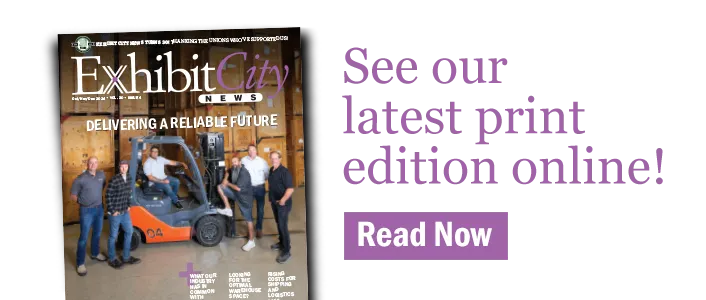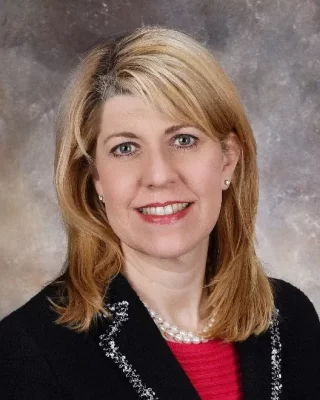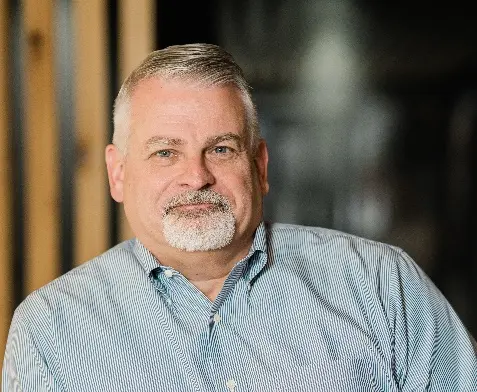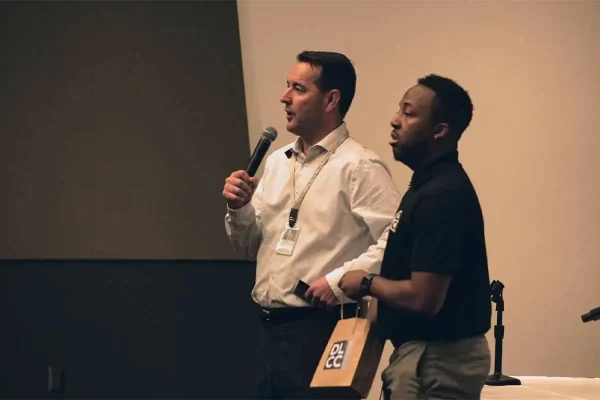While attending his last official function as president and CEO of the International Association of Exhibitions and Events (IAEE), Steven Hacker, CEM, suggested the future is bright for the exhibitions industry despite current global economic conditions.
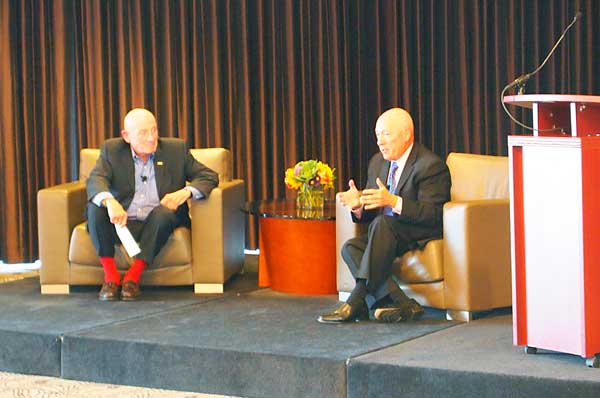
Hacker said Europe has an uncertain economic future, while explaining opportunities remain in the U.S. and elsewhere for significant achievements in the tradeshow industry.
“Despite the current economy and political challenges, when compared to other countries, our future is golden. I am tremendously optimistic,” said Hacker during the IAEE Southwest Chapter’s July 27 educational forum in Las Vegas.
The “cost of entry” into the exhibitions and tradeshow industry is low, making it possible for tradeshows to remain viable and strong for many years to come, he says. And no one is better at marketing than the professionals participating in the exhibitions and tradeshows industry.
“You just need a brilliant marketing idea for a new show,” said Hacker. “The free enterprise system depends on marketing. If you have a new product, you need to know how to market it.”
While sound marketing is an essential element of business success, Hacker is skeptical regarding the potential impact of social media on tradeshows and exhibitions and cited studies by the Center for Exhibition Industry Research (CEIR) while making his point.
“It has yet to be proven that Facebook, Twitter and the rest have any use. On the tradeshow floor, there are much more effective technologies for connecting people,” said Hacker. “We have data from CEIR. Yes, people use social media, but for personal reasons and not business.”
Social media could help with organizing volunteer efforts, and members of the IAEE have many opportunities to get involved in volunteer work. But with long hours common in the industry, time poverty has become a concern for some members.
When asked what he was most proud of during his 20 years as a member and leader of the IAEE, Hacker cited putting out a financial “oil rig fire” during the early days of the organization and turning around its financial situation in two years along with the eventual development of the Certified in Exhibition Management (CEM) program that now extends to Canada, China, Korea, Mexico, Portugal, Singapore, Spain and Taiwan with Brazil and Thailand considering participation.
He also is proud of efforts to diversify the organization’s membership, which now has about 60 percent women. A former diversity committee since has been disbanded due to successful integration.
Hacker was president and CEO of the IAEE since 1992 and has overseen a great deal of growth before officially stepping down on Sept. 30. The IAEE had less than 2,600 members in 1992 and now includes more than 9,000 with member organizations and partnerships around the globe and offices in Dallas, Brussels, Singapore and Beijing.
Among many awards Hacker has received over the years are being named one of the 25 most influential people in the meetings and conventions industry for 12 consecutive years and induction into the Convention Industry Council’s Hall of Leaders in 2007.
Hacker will continue working as a columnist, tradeshow consultant and photographer while residing in Fairview, Tex., with his wife, Evelyn. The couple has a son, David, and daughter, Katherine.




